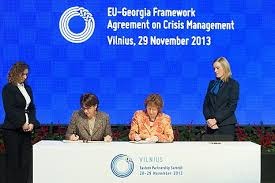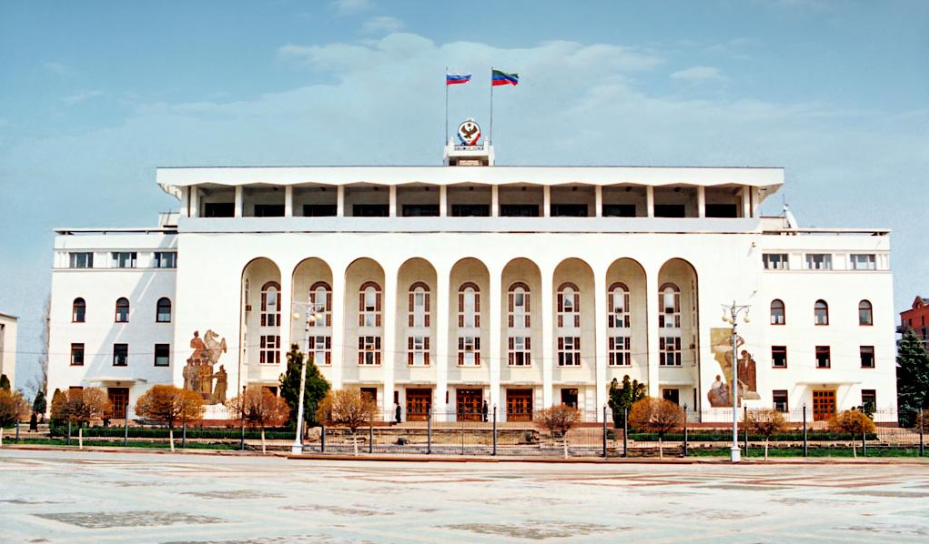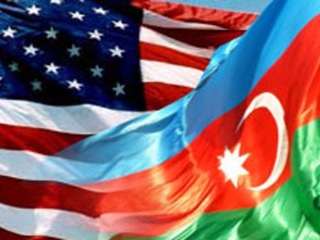Reaching The Summit: Implications of Vilnius for Georgia
By Stephen Jones (the 11/12/2013 issue of the CACI Analyst)
The November 29 initialing of Association Agreements (AA) in Vilnius between the EU on the one hand, and Georgia and Moldova on the other, have been interpreted almost exclusively in geo-political terms. The reasons for this are at least twofold: Armenia’s and Ukraine's withdrawal from their initial commitment to sign under pressure from Russia, and Russia’s own intervention in the process. Russia, behaving like something between a regional hegemon and a Cold War remnant defending its sphere of influence, framed the Vilnius Summit as a stark choice between East and West.

Dagestan's New Administrative Division Reflects Governance Crisis
By Valeriy Dzutsev (the 11/12/2013 issue of the CACI Analyst)
In a surprise move, Dagestan’s President Ramazan Abdulatipov has decreed to divide the republic into four sub-regions, each of which will have a plenipotentiary representative of the republican president. While Abdulatipov reassures the public that the move will strengthen Dagestan's unity, there is also a risk that it may worsen the conflict in the republic and increase demands for its actual division. The government’s decision to substitute substantive reforms in Dagestan with an administrative reshuffle is unlikely to resolve the conflict-prone republic's pressing problems.

Georgia's Post-Vilnius Challenges
By Archil Zhorzholiani (the 11/12/2013 issue of the CACI Analyst)
At the Vilnius Eastern Partnership summit on November 28-29, Georgia’s Foreign and Economy Ministers, Maia Panjikidze and Giorgi Kvirikashvili, the EU’s foreign policy chief Catherine Ashton, and EU Trade Commissioner Karel De Gucht initialed the EU-Georgia Association Agreement (AA),including a Deep and Comprehensive Free Trade Agreement (DCFTA).
“CACI Analyst, November 27, 2013”
The Strategic Context of U.S.-Azerbaijan Relations after the Presidential Elections
By Mamuka Tsereteli (the 27/11/2013 issue of the CACI Analyst)
On October 9, 2013, Azerbaijan held presidential elections and incumbent president Ilham Aliyev was re-elected for another five year term. The OSCE ODIHR observer mission, as well as the U.S. government, issued critical statements about the conduct of elections by Azerbaijani authorities that created tensions in Azerbaijan’s relationships with Western allies. Issues of concern need to be addressed, but they should not disrupt Western engagement and critical support for Azerbaijan’s sovereignty against the backdrop of assertive Russian policies to limit the Western presence in the broader Eastern European and Central Eurasian Space.



